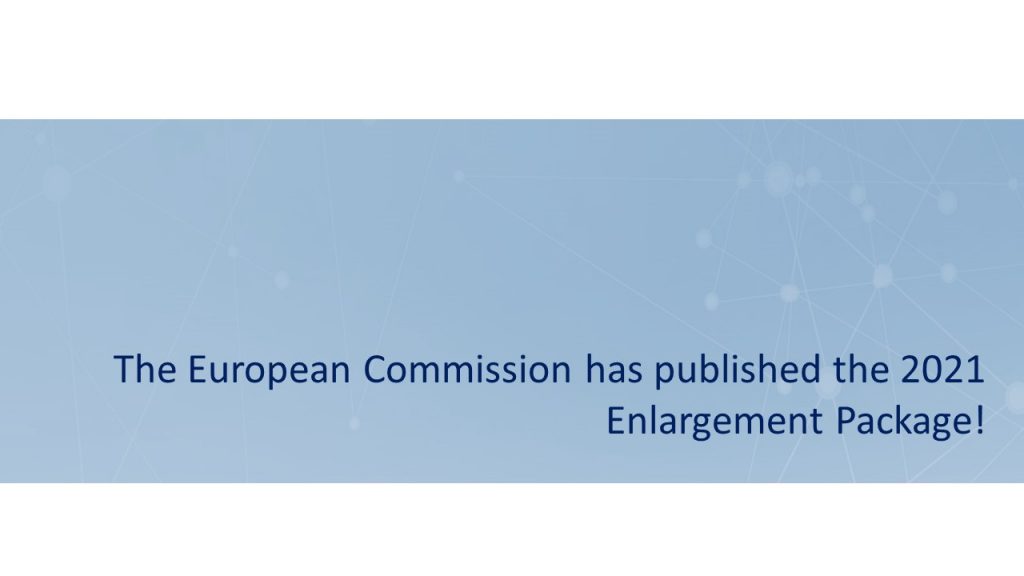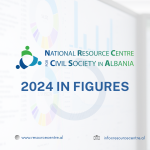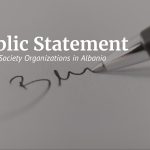Albania’s legal and regulatory framework on the right to freedom of assembly and association is generally in line with international standards. However, since the beginning of the COVID-19 pandemic, temporary rules and protocols aimed at preventing the spread of the infection brought limitations to the freedom of assembly.
The law on registration of Non-Profit Organisations, adopted in June 2021 aims at introducing an electronic register, which will ease the registration process and increase transparency and accuracy of the register of non governmental organisations (NGOs). It also aims at fulfilling the FATF Action Plan (see Chapter 24 – Justice, Freedom and Security). The roadmap on an enabling environment for civil society remains strongly dependent on donors’ support. The implementation of its measures is slow and no impact on the sector has been noticed so far. Additional efforts and resources are required to accelerate its implementation, in order to create a more conducive environment for the civil society to operate and to contribute to the adoption of sound policies and laws.
While the 2014 Law on public consultation, laying down the procedural norms for transparency and public participation in decision-making, is generally in line with European standards, consultations often remain artificial exercises. In addition, the scope of the law needs to be extended to government decisions. The guidelines and monitoring framework for public consultation adopted in January aim to improve governance arrangements for a better implementation of the law (see also Public Administration reform).
The ability of the National Council for Civil Society to voice priorities of civil society organisations (CSOs) in policy-making processes is still weak. The Law on the National Council has not been amended to reflect changes in ministerial portfolios and representation in the Council, and to improve its functioning. The Agency for the Support of Civil Society remains the main public body providing financial support for civil society, but its budget was reduced by 40% in 2020, making public funding insufficient to sustain CSOs’ activity, in particular in social services.
There is yet no evidence of successful VAT refund with regard to the implementation of the instruction on VAT reimbursement for CSO beneficiaries of EU funding and other donor grants. Tax incentives for corporate donations do not promote donations to CSOs and there are no tax incentives for individual donations.






